The chairman of Burundi’s National Independent Human Rights Commission (CNIDH), Martin Blaise Nyaboho, has dismissed recent reports by the United Nations Special Rapporteur on Burundi as unfair and disconnected from realities on the ground. Speaking on Radio Télé Isanganiro on Friday, Nyaboho accused UN experts of overlooking progress made in peace and security since the 2015 political crisis.
“In his reports, he [Fortuné Gaétan Zongo] always refers to 2015 as though nothing has changed since then,” Nyaboho said, responding to the Special Rapporteur’s latest assessment. “If you compare with history, even Europe after the Second World War was not rebuilt overnight. Today in Burundi, peace and security are in place, people go to work without fear, and international visitors come freely. These are realities he refuses to acknowledge.”
Nyaboho argued that reports presented to the UN Human Rights Council often serve political agendas rather than truth. “Many of these reports are not made out of love for Burundi,” he said. “They are reports that are sold so that their author keeps his position.”
When pressed about allegations that CNIDH has failed to address enforced disappearances, Nyaboho maintained that the institution acts whenever alerted to abuses. Civil society groups abroad, such as Ndondeza and FOCODE, regularly publish figures on abductions in Burundi, but Nyaboho rejected their credibility.
“Independence of CNIDH is grounded in law,” he said. “Reports from outside often don’t reflect reality. Where problems occur, we follow up and work within the justice system. If someone is arrested, they must be tried according to the law. We cannot put blame on CNIDH or even the government for every incident—conflicts exist where there are people.”
UN Rapporteur Warns of Sharp Deterioration
Nyaboho’s remarks came just weeks after Zongo presented a damning report to the Human Rights Council in Geneva. The Special Rapporteur cited abductions, arbitrary detentions, land confiscations, and growing socio-economic distress as signs of worsening conditions.
He pointed to Burundi’s June 2025 elections—where the ruling CNDD-FDD claimed nearly 96 percent of the vote—as deeply flawed. Zongo said the process was marred by intimidation, forced financial contributions, and the exclusion of opposition candidates, falling far short of international standards for free and fair elections.
The Rapporteur also accused security services and members of the ruling party’s youth wing, the Imbonerakure, of direct involvement in abuses ranging from torture and sexual violence to enforced disappearances. He warned that rising land disputes, particularly against minorities and perceived opposition supporters, threatened national reconciliation.
The Burundian government has consistently rejected the mandate of the Special Rapporteur, arguing that it undermines national sovereignty. Officials maintain that domestic institutions, including CNIDH, are best placed to monitor rights issues.
Nyaboho echoed that stance in his interview. “CNIDH is independent, but it works within the country and its laws,” he said. “We are determined to improve, but we cannot operate outside Burundi’s legal framework or against international agreements we have signed.”

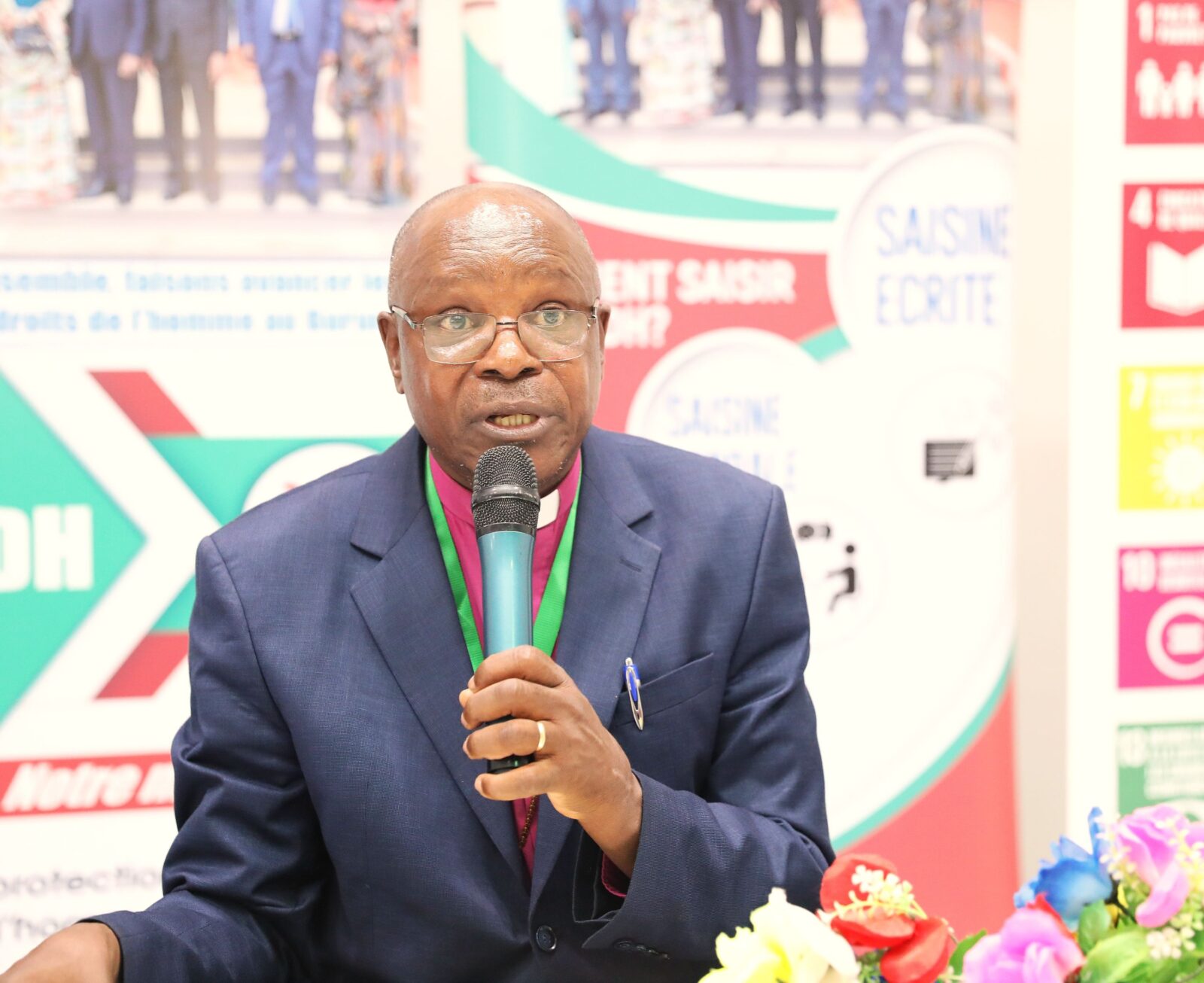
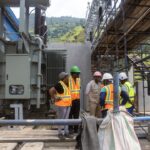
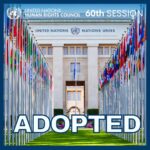
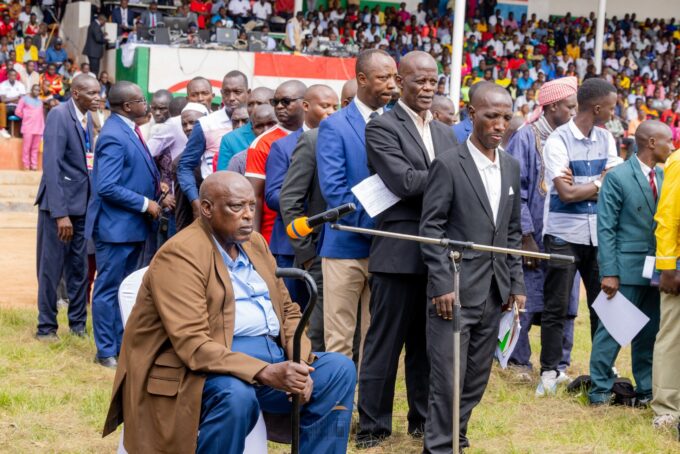
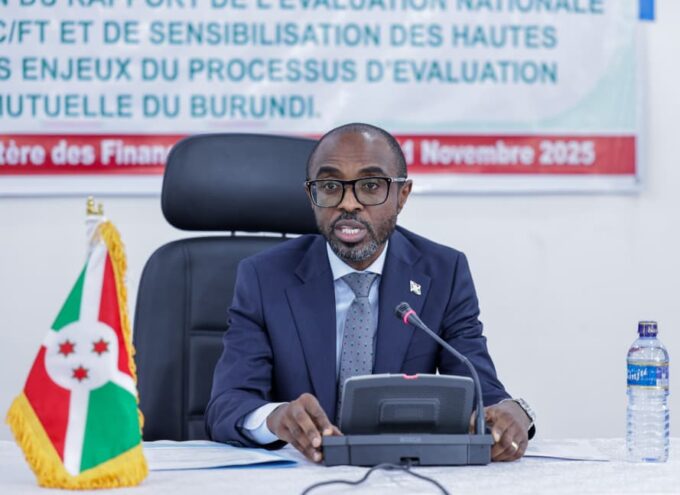
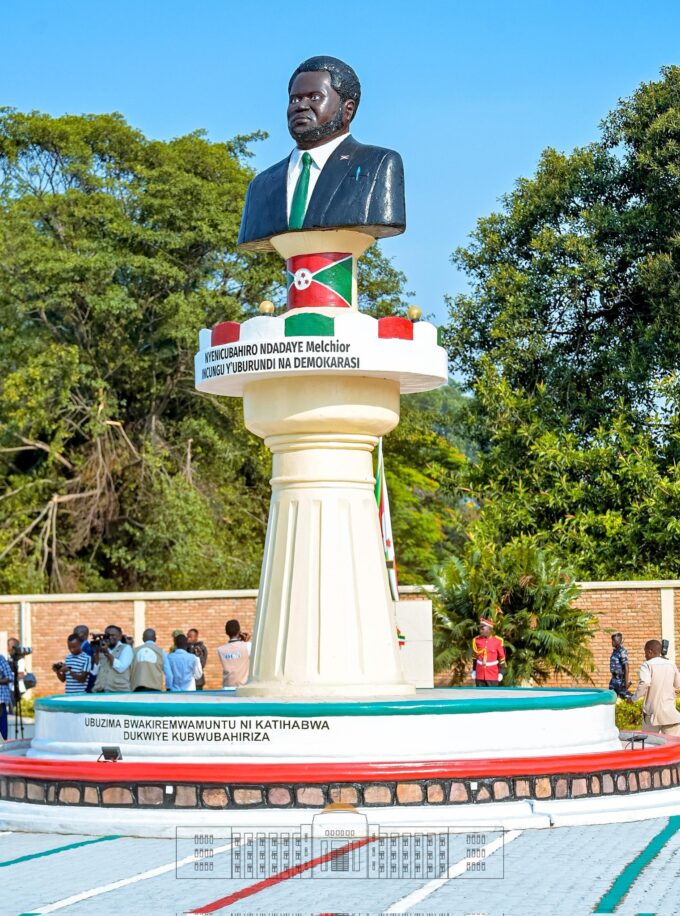

Leave a comment